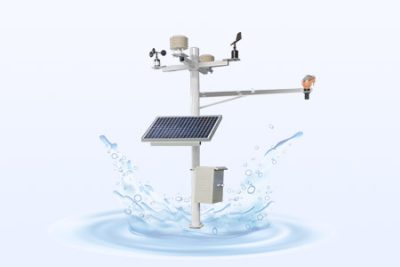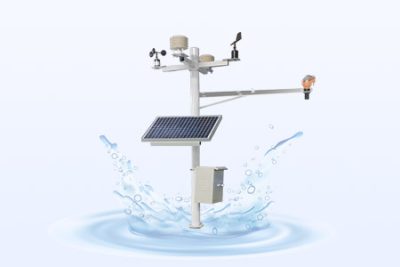Water is essential for all forms of life. From human beings to plants and animals, water is the fundamental requirement for survival. However, many water sources across the world are polluted, and proper monitoring is necessary to ensure the safety and health of all living organisms. This is where water quality monitoring plays a vital role. In this article, we will explore the importance of water quality monitoring and why it is crucial for the well-being of the planet and its inhabitants.

The Need for Water Quality Monitoring
Water quality monitoring is a method of analyzing and measuring various environmental and physical characteristics of the water. It helps in identifying and detecting any impurities or contaminants that may be present in the water. Such impurities can include chemicals, bacteria, and other pollutants that can be potentially harmful to humans, animals, and plants.
Water quality monitoring is essential for several reasons. First and foremost, it is necessary to protect the health of the public. Consuming water that is polluted with harmful contaminants can lead to several health issues, ranging from mild illnesses to life-threatening diseases. Therefore, it is crucial to conduct regular water quality testing and monitoring to ensure that drinking water is safe.
Water quality monitoring is also essential for the protection of aquatic life. Many pollutants can be harmful to fish and other aquatic organisms, and monitoring the water quality helps in identifying such threats and taking necessary measures to prevent them. Additionally, water quality monitoring is necessary to prevent the spread of invasive species that can have a significant impact on the ecosystem.
Lastly, water quality monitoring is crucial for protecting and preserving one of our most critical resources, our water resources. It helps in identifying sources of pollutants and contamination, measuring their levels, and taking necessary action to reduce their impact.
The Benefits of Water Quality Monitoring
Water quality monitoring has several benefits for both humans and the environment. We will explore some of these benefits in detail below.
Protection of Human Health
Water quality monitoring helps in protecting human health by detecting and identifying any pollutants or contaminants in the water supply. This enables officials to take necessary steps to prevent the spread of diseases and illnesses that may arise from consuming contaminated water. By ensuring safe and clean drinking water, water quality monitoring helps in promoting good health and reducing healthcare costs.
Preservation of Aquatic Life
Aquatic organisms are incredibly sensitive to changes in water quality, and pollutants can have severe impacts on their health and habitat. Many of these organisms are essential for the ecosystem and play a vital role in sustaining biodiversity. Water quality monitoring helps in identifying pollutants and taking necessary steps to prevent their impact on the aquatic ecosystem, thereby preserving aquatic life and promoting biodiversity.
Protection of Ecosystems
One of the most significant benefits of water quality monitoring is the protection and preservation of the ecosystem. A healthy ecosystem is essential for sustaining life on the planet, and water quality monitoring helps in identifying the sources of pollution and taking necessary steps to prevent their impact on the ecosystem. This promotes sustainability and ensures that the environment remains healthy and productive.
Economic Benefits
Water quality monitoring also has significant economic benefits. Ensuring safe and clean water supplies promotes economic growth and development. It attracts investment, creates jobs, and improves the quality of life for people living in the area. Additionally, it reduces healthcare costs and prevents the loss of revenue from fishing, recreation, and other related industries.
Conclusion
In conclusion, water quality monitoring is a crucially important process that helps in protecting human health, preserving the environment, and promoting economic growth and development. It is a necessary step in ensuring safe and clean water supplies and promoting sustainability. Therefore, it is essential to continue investing in water quality monitoring, research, and education to ensure that we protect and preserve our most critical resource for future generations to come. Making waves through water quality monitoring is critical for ensuring a healthy planet and its inhabitants.






